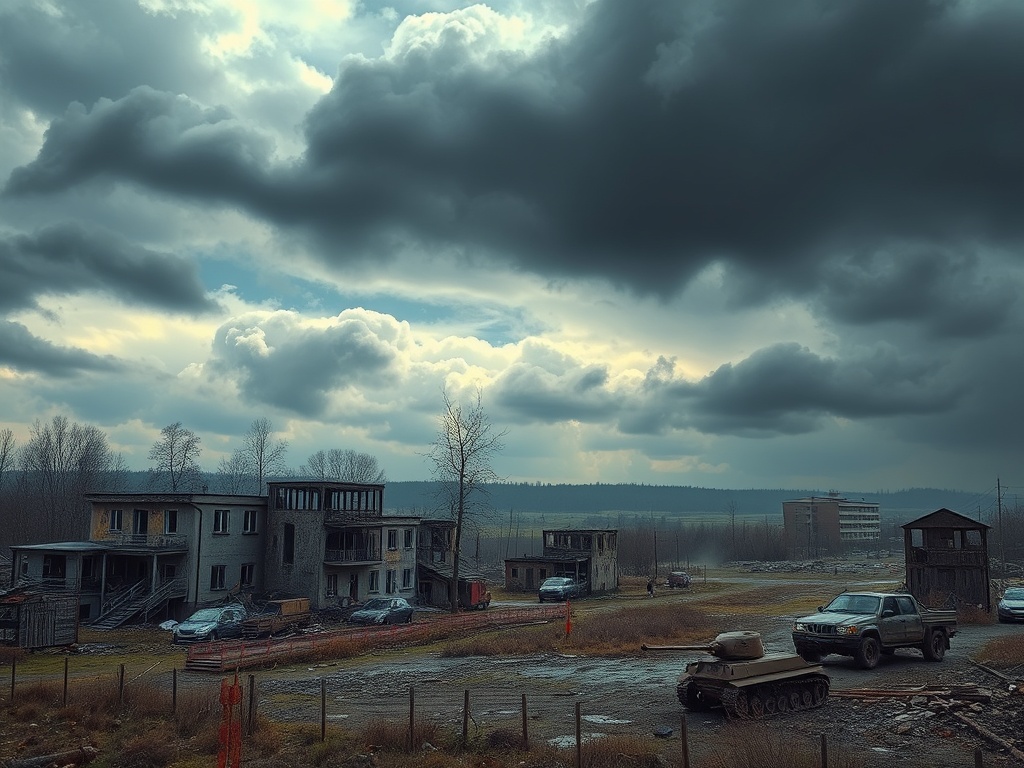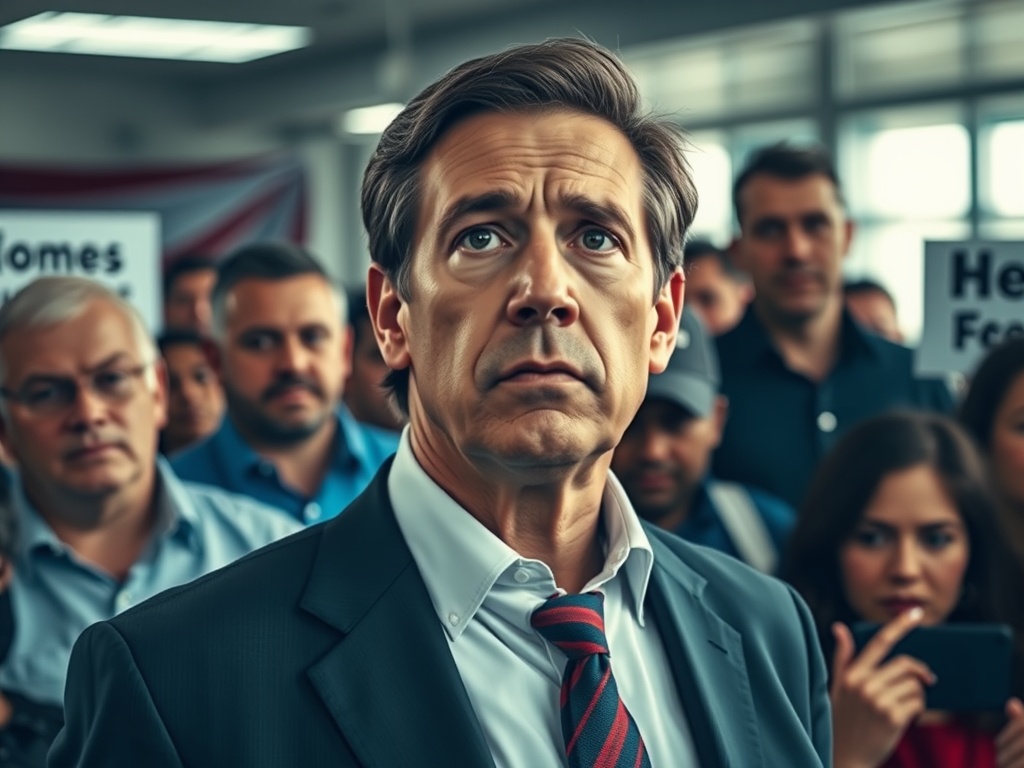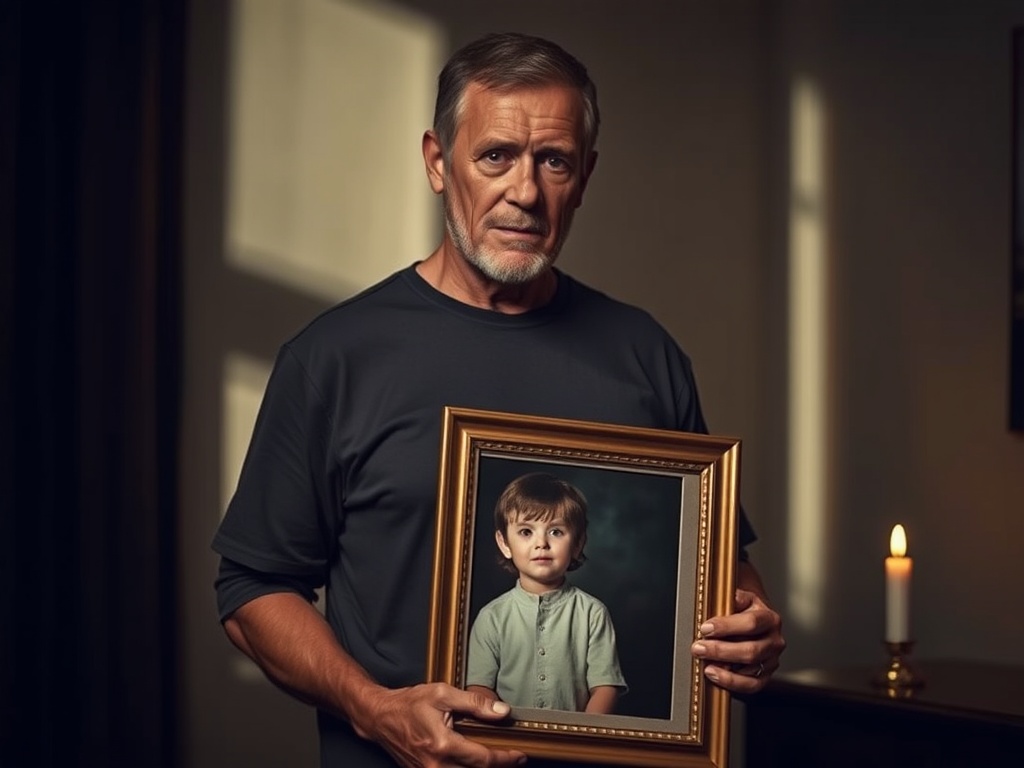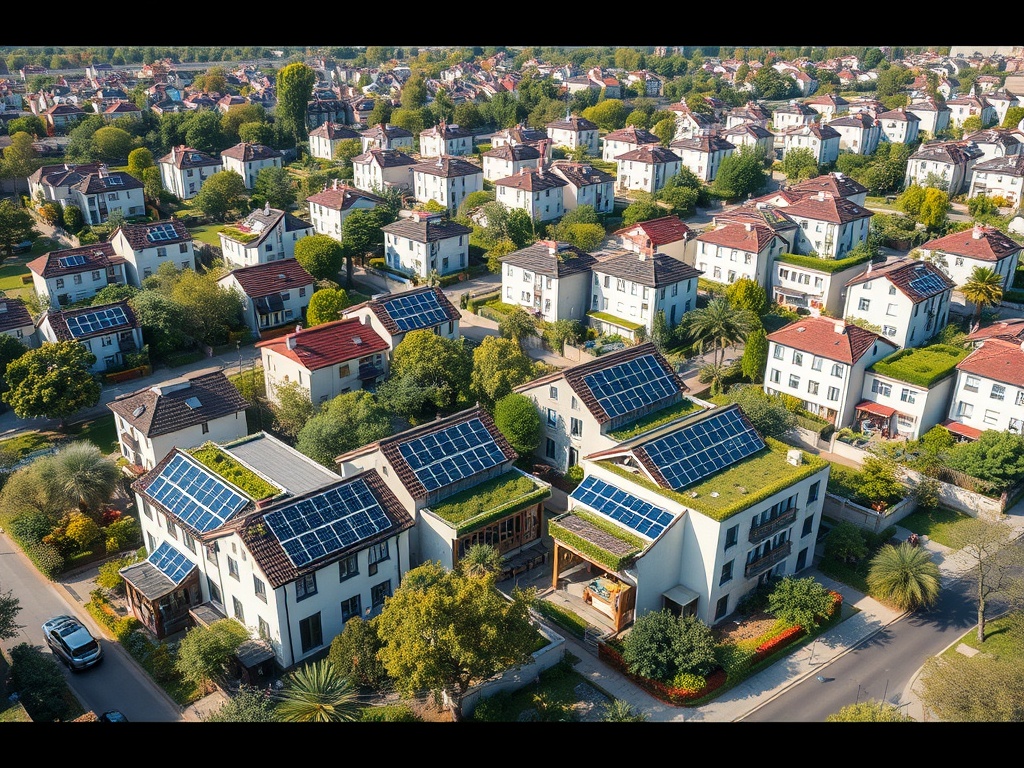Three years ago, I awoke to the ominous sounds of missiles raining down on Kyiv, a city that would soon become synonymous with resilience and defiance. On that fateful morning, I found my colleague Kate on the balcony of our temporary flat, her cigarette smoke curling into the air as she listened intently to the distant explosions. “Did you hear that?” she asked, her voice steady yet tinged with an unmistakable tension. “It’s started.”
Since that day, I have dedicated countless months to documenting the harrowing tales of cities reduced to rubble by Russian ordnance, families torn apart by the cruel hand of war, and refugees compelled to abandon their homes. I have witnessed ordinary citizens demonstrating extraordinary bravery amidst the chaos of the front lines and the heart-wrenching stories of children abducted under Kremlin orders in a genocidal attempt to crush a nation’s spirit.
This brutal conflict traces its origins back eight years, with Russia’s insidious annexation of Crimea—a moment in history I also witnessed firsthand. Initially, Moscow believed it could achieve a swift victory in Ukraine, expecting the nation to capitulate within days and anticipating a warm welcome for their troops. They underestimated the indomitable spirit of the Ukrainian people, exemplified by their President’s steadfast refusal to flee in the face of adversity.
Despite enduring three years of conflict, immense financial burdens, and the senseless loss of countless lives, the expectations that Russia harbored regarding Western resolve are increasingly being validated. As Russia unleashes its most extensive drone assault on Kyiv to commemorate this grim anniversary, it is disheartening to observe the behavior of a compromised American president.
Donald Trump’s rhetoric regarding the most lethal conflict on European soil since World War II is not only unsettling but a profound betrayal of democratic ideals. He has presented a plethora of diplomatic concessions to a war criminal in the Kremlin, absurdly suggesting Ukraine is culpable for initiating the war, excluding Kyiv from discussions about its own future, labeling its democratically elected leader a “dictator,” and demanding that the nation, victimized by an unprovoked attack, surrender half its natural resource revenues to the United States.
Trump’s misguided and reckless stance is echoed by a chorus of sycophants, ranging from Republicans like Marco Rubio to British Tories such as Boris Johnson, who feign support for the Ukrainian populace while enabling a President who appears to be under Moscow’s influence.
This ongoing war represents the defining challenge of our era. We must not harbor any illusions about the severe implications for Europe should Russia’s imperial ambitions remain unchecked, allowing Putin to celebrate a hollow victory, even if he manages to retain only a fraction of the territory he sought to seize.
We will inevitably encounter further tests of Western resolve as aggression flares in other regions, accompanied by the now-familiar barrage of cyberattacks, sabotage, and disinformation aimed at undermining our democratic foundations—especially with Russia’s economy operating under a war footing.
Nor can we delude ourselves into thinking that this conflict does not reflect the broader sentiments of many Russians, fueled by Putin’s propaganda narrative that they were humiliated by the collapse of communism and are thus justified in expanding their borders, irrespective of the desires of nations that have escaped their oppressive grasp.
The speed and intensity with which Trump has turned against Volodymyr Zelensky reveal that the foreign policy of the world’s most powerful nation is often dictated by the whims of a single individual with an inflated ego. Zelensky worked diligently to garner favor from the incoming U.S. President, yet his efforts were met with a torrent of lies and vitriol from the White House, which intensified after Zelensky had the audacity to suggest Trump was ensnared in a Russian-engineered “disinformation bubble.”
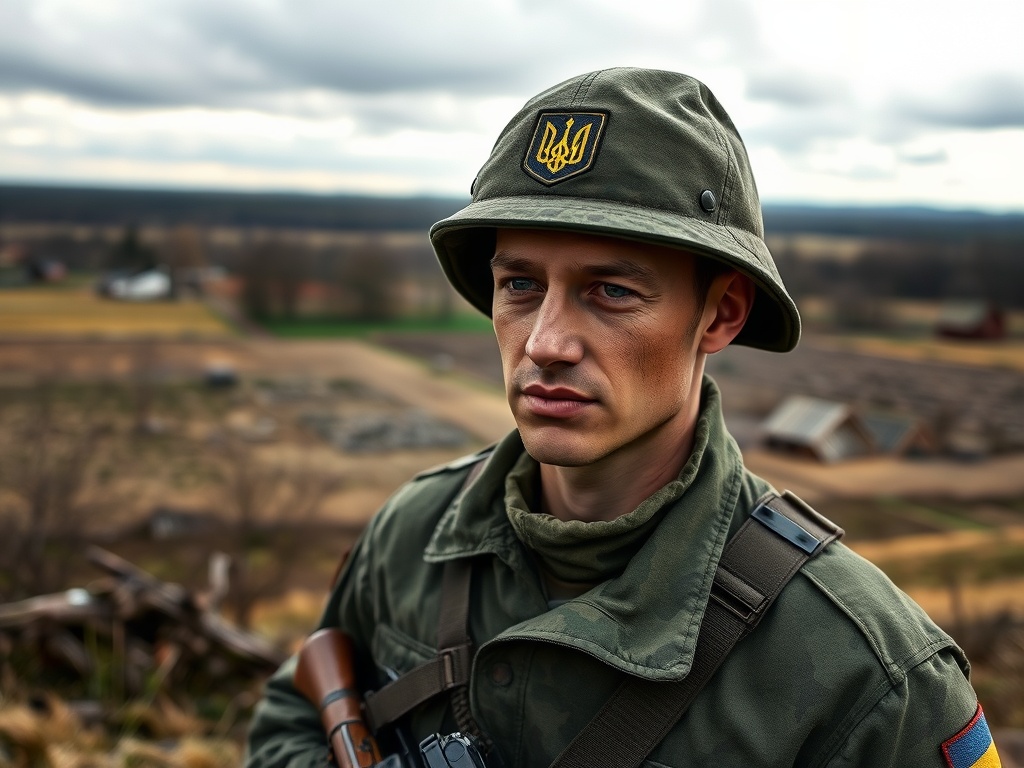
- How can Ukraine conduct an election when a significant portion of its territory is occupied and millions of its citizens have fled abroad?
- How can they ensure the integrity of their vote against potential manipulation from Moscow?
As one GB News host reminded Nigel Farage, a prominent Trump supporter, our nation endured a decade without elections during the fight against the Nazis. Just recently, a bust of Sir Winston Churchill, a symbol of that battle for freedom, was returned to the Oval Office.
When the U.S. is under the leadership of such a vain and insecure figure, other leaders are compelled to flatter him, fearful of provoking his ire or incurring tariffs. This week, both the French President and our Prime Minister visited the U.S., striving to persuade Trump to move away from merely echoing Kremlin narratives as he attempts to pressure Kyiv into a precarious “peace” and revoke sanctions that impede business with Russia.
As a precursor, the U.S. President falsely claimed that Europe is “basically giving nothing” to Ukraine. In reality, European contributions far surpass those from the U.S., with the U.K. donating a greater percentage of its GDP than America and smaller nations like Denmark spending proportionately four times more. Yet, in the face of such facts, the disinformation tactics employed by Putin’s machinery create a blizzard of confusion.
Meanwhile, the upcoming German elections are anticipated to reveal a surge in far-right, pro-Russian parties across Europe. Trump’s administration fuels these disruptive forces, ultimately aligning with Moscow’s efforts to destabilize the continent.
This was starkly illustrated at the recent Conservative Political Action Conference in Washington, where Trump and other leading supporters, including the erratic Elon Musk, addressed attendees. Vice President JD Vance lamented the state of free speech in Europe while cautioning that the strength of their alliances hinges on societal alignment with “the right direction.”
Even a French far-right leader withdrew from the event after Steve Bannon appeared to give a Nazi salute from the stage, although this did not deter figures like Farage and Liz Truss from participating.
Perhaps one day, Trump will turn his ire towards Putin. Perhaps Emmanuel Macron and Sir Keir Starmer can steer this unpredictable U.S. President toward a more enlightened global perspective.
Perhaps this is merely a four-year nightmare for the West’s most significant nation. Or perhaps, in recent days, we are witnessing the harsh realities of a new world order where might prevails, with Washington extending warmer relations to autocratic adversaries than to its traditional European allies. I hold onto hope for the enduring spirit of America, yet I cannot shake the fear that the betrayal of Ukraine may just be the opening chapter of a darker narrative for democracy.
